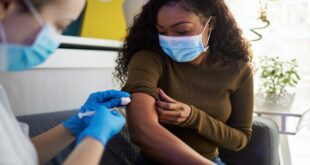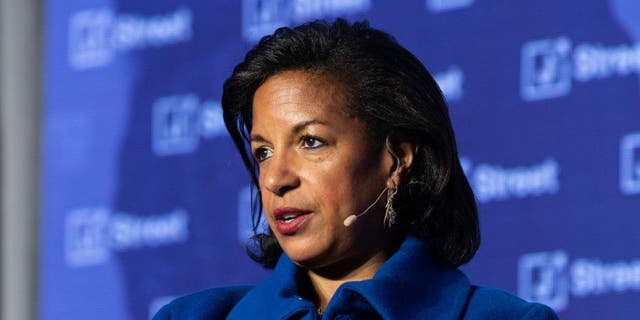
As millions of Americans, particularly our young people, continue to struggle with worsening mental health challenges, the White House announced on Thursday — the National Day of Mental Health Action — how the Biden administration plans to tackle the crisis.
Coinciding with Mental Health Awareness Month, the new strategy involves increasing mental health staffing in schools, bolstering operations of the 988 crisis lifeline and making it easier for schools to obtain Medicaid funding.
“It is quite clear that America is in a mental health crisis,” Susan Rice, domestic policy adviser, said during a call with the media.
TEEN GIRLS ARE STRUGGLING WITH MENTAL ILLNESS AT RECORD LEVELS, WITH MANY ‘PERSISTENTLY SAD,’ DATA REVEALS
“We already had a major challenge on our hands. And then the pandemic, the increased isolation, the burnout and trauma of COVID-19, have contributed to increased depression and anxiety, now affecting as many as two in five American adults,” she continued.
About 21% — roughly 50 million — of all American adults are experiencing a mental illness, according to Mental Health America, a Virginia-based nonprofit.
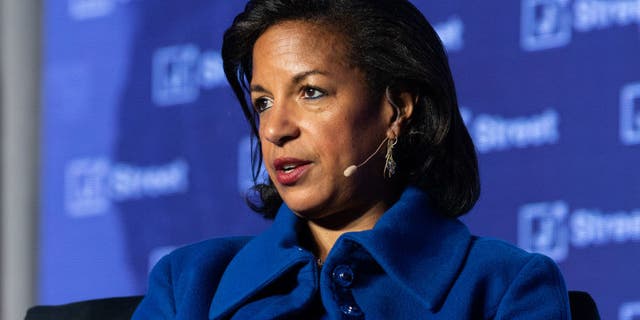
On a call with media, Susan Rice stressed the particular need to address the youth mental health crisis in America. (Getty Images)
Rice stressed the particular need to address the youth mental health crisis.
She pointed out that in 2021, 44% of high school students reported persistent sadness or hopelessness, according to data from the Centers for Disease Control and Prevention (CDC).
Thirteen percent of high school girls and 7% of boys attempted suicide in 2021.
“Tragically, 13% of high school girls and 7% of boys attempted suicide in 2021,” she went on. “This is simply unacceptable.”
Sixteen percent of young people report having had at least one major depressive episode in the past year — and more than 2.7 million young people suffer from severe depression, per Mental Health America.
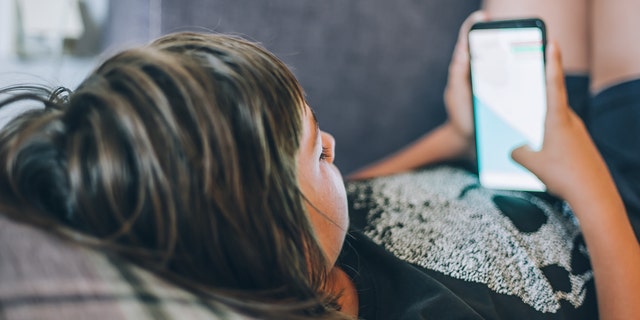
Sixteen percent of young people report having had at least one major depressive episode in the past year, while more than 2.7 million young people suffer from severe depression. (iStock)
Rice referred to the “comprehensive mental health strategy” that the Biden administration rolled out in March 2022.
“Most importantly, it will help connect more Americans to competent and compassionate care in ways that are more convenient, that are cheaper and are covered by their insurance,” she said.
Streamlining Medicaid funding
In Thursday’s announcement, the White House highlighted moves to help schools provide better mental health care for students.
“The Department of Education will propose a new rule that would streamline medical billing permissions for schools, while Health and Human Services will issue additional guidance with new, easier medical billing steps,” Rice said on the media call.
TIKTOK TELEHEALTH? TEENS PUT AT RISK BY SELF-DIAGNOSING MENTAL HEALTH ON SOCIAL MEDIA
“These actions will make it easier for schools to get the Medicaid funding they need to hire the people they need to provide the care of their students,” she continued.
By streamlining and reducing the amount of parental consent required to bill for Medicaid services, senior administration officials said they anticipate the new rule will impact about 300,000 children with disabilities who are enrolled in Medicaid.
“Taken together, these actions will help save lives.”
“It means more children will have better access to preventive care, like mental health assessments and counseling, as well as physical health care services like vaccines and hearing and vision screenings,” said Rice.
Funding additional mental health staffing and support
The White House emphasized that via the Safer Communities Act, the Department of Education will provide $95 million in funding to 35 states for mental health staffing — “to help them hire more than 14,000 new mental health professionals in U.S. schools, including school psychologists, counselors and social workers,” Rice said.
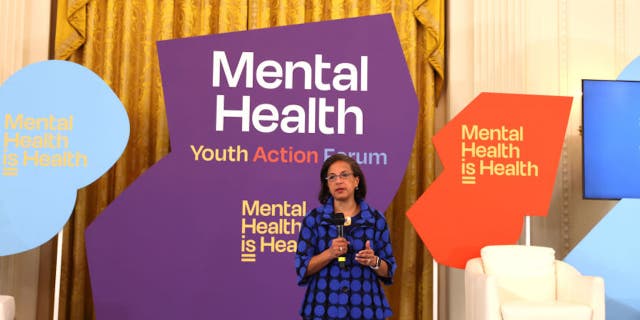
Susan Rice is seen here speaking at the first-ever Mental Health Youth Forum at the White House on May 18, 2022, in Washington, D.C. (Getty Images)
The Department of Health and Human Services (HHS) will also provide an additional $200 million to strengthen operations of 988, the 24/7 Suicide & Crisis Lifeline that launched in 2022 to help Americans in crisis.
CLICK HERE TO SIGN UP FOR OUR HEALTH NEWSLETTER
In April 2023 alone, 988 routed a total of 369,936 calls, chats and texts.
That was 160,314 more than April 2022, per data from the Substance Abuse and Mental Health Services Administration (SAMHSA).
CLICK HERE TO GET THE FOX NEWS APP
SAMHSA also announced $9.7 million in grants through the infant and early childhood mental health program, $6 million in grants for youth suicide prevention and early intervention strategies, and $5.4 million in grant awards to support recovery from substance use disorders.
“Taken together, these actions will help save lives,” Rice said. “Investing in kids’ mental health today will pay dividends down the line for students, their families and America as a whole.”
Susan Rice announced last month that she will be stepping down from her role as domestic policy advisor; her last day will be May 26.

 Latest Breaking News Online News Portal
Latest Breaking News Online News Portal




